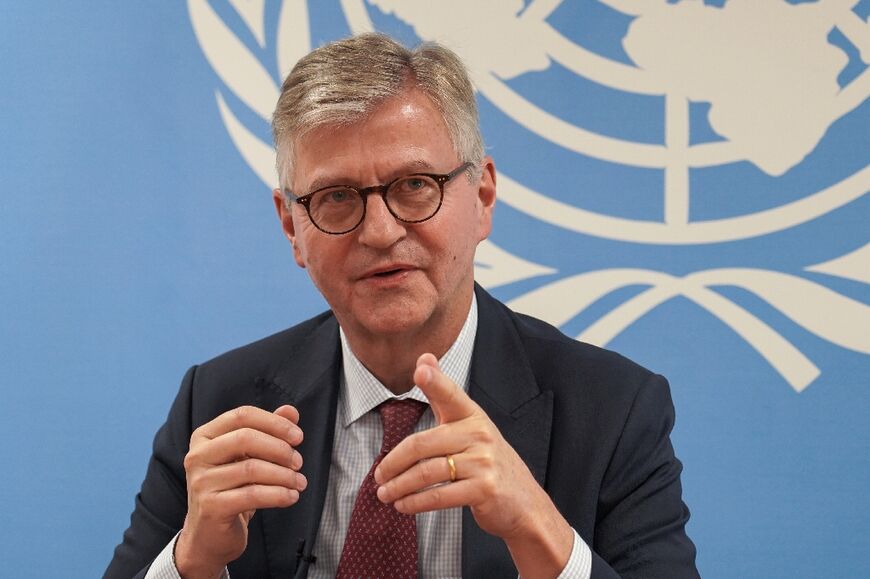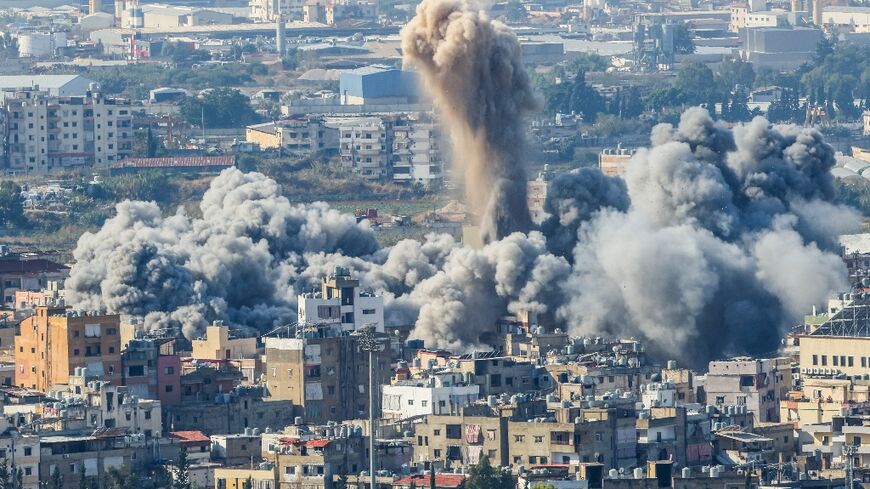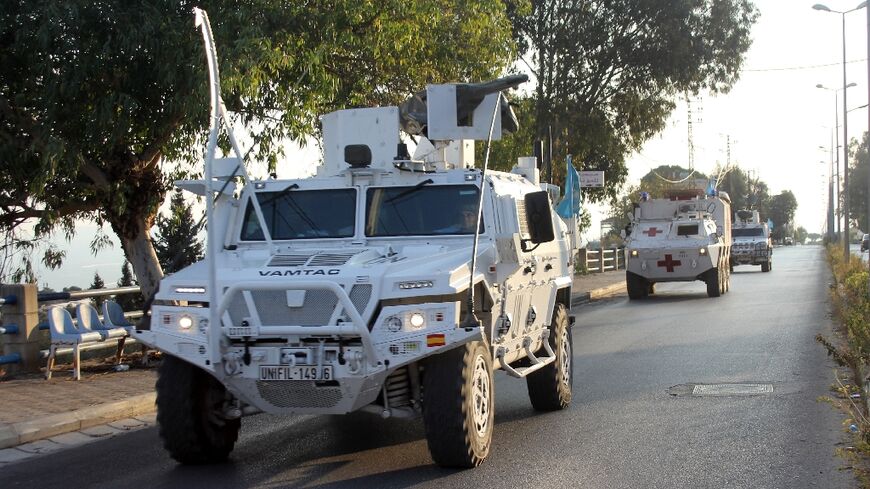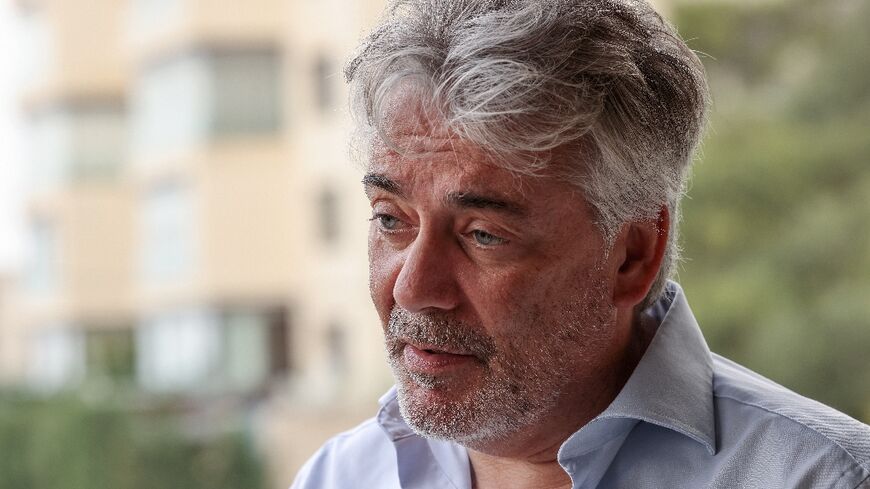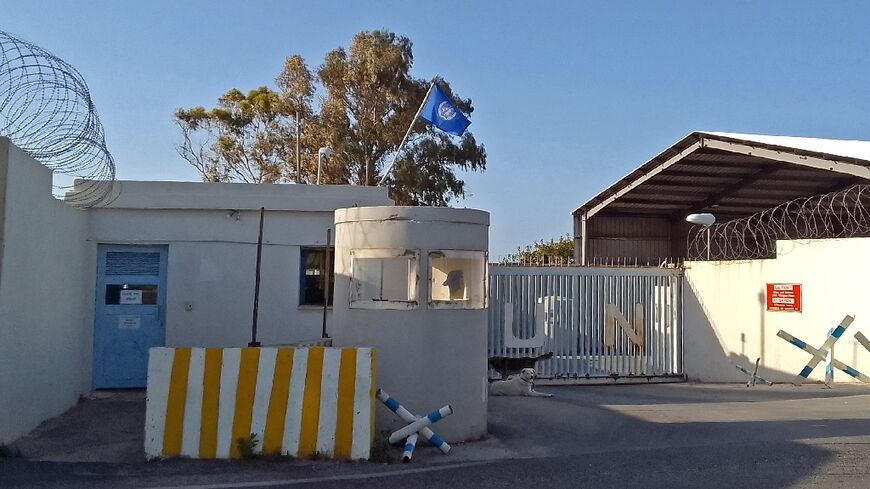Lebanon army redeployment in south crucial to war solution: UN peacekeeping chief

The UN peacekeeping chief whose force monitors Lebanon's south said redeploying Lebanese troops there is crucial for any solution to more than a year of Hezbollah-Israel clashes that escalated into war in September.
"The redeployment of the Lebanese armed forces is an absolutely central element to any durable settlement," Under Secretary-General for Peace Operations Jean-Pierre Lacroix told reporters during a briefing in the Beirut area, at the end of a three-day visit.
In an interview last month, Lebanese Prime Minister Najib Mikati told AFP his country was ready to bolster the army's presence in the south from about 4,500 to at least 11,500 troops following a ceasefire.
Lacroix said the UN appreciates the Lebanese authorities' "commitment to proceed with more recruitment and more training and elevated the level of preparedness of the Lebanese armed forces."
Tasked since 1978 with monitoring the "Blue Line" separating Lebanon from Israel, the United Nations Interim Force in Lebanon (UNIFIL) has more than 9,300 troops who have come under attack during the Israel-Hezbollah war.
UNIFIL is proceeding "under the assumption that the post-cessation of hostilities and hopefully a return to the negotiating table... will be based on the implementation of Resolution 1701," Lacroix said.
Adopted in 2006, UN Security Council Resolution 1701 led to a ceasefire in the Israel-Hezbollah war that year and said the Lebanese army and peacekeepers should be the only armed forces deployed in the country's south.
"Any meaningful role for UNIFIL in terms of supporting the implementation by the parties would have to have, as a prerequisite, a full compliance from all to fully implement Resolution 1701," Lacroix added.
Lacroix met top Lebanese officials including Mikati, speaker of parliament Nabih Berri -- a Hezbollah ally at the forefront of ceasefire negotiations -- as well as army chief Joseph Aoun.
He also visited UNIFIL's south Lebanon headquarters in Naqura, near the Israeli border.
Earlier this month, Lacroix said UNIFIL will hold its line despite attacks as well as Israeli demands for it to leave, adding its positions would be "occupied" if it left.
Last month, a UNIFIL spokesman said the force had recorded more than 30 incidents in October resulting in property damage or injury to peacekeepers, about 20 of them from Israeli fire or action.
Since September 23, Israel has escalated its bombing of targets in Lebanon, later sending in ground troops following almost a year of limited, cross-border exchanges of fire initiated by Hezbollah over the Gaza war.
More than 3,380 people have been killed in Lebanon since clashes began last year, according to the health ministry, most of them since late September.


